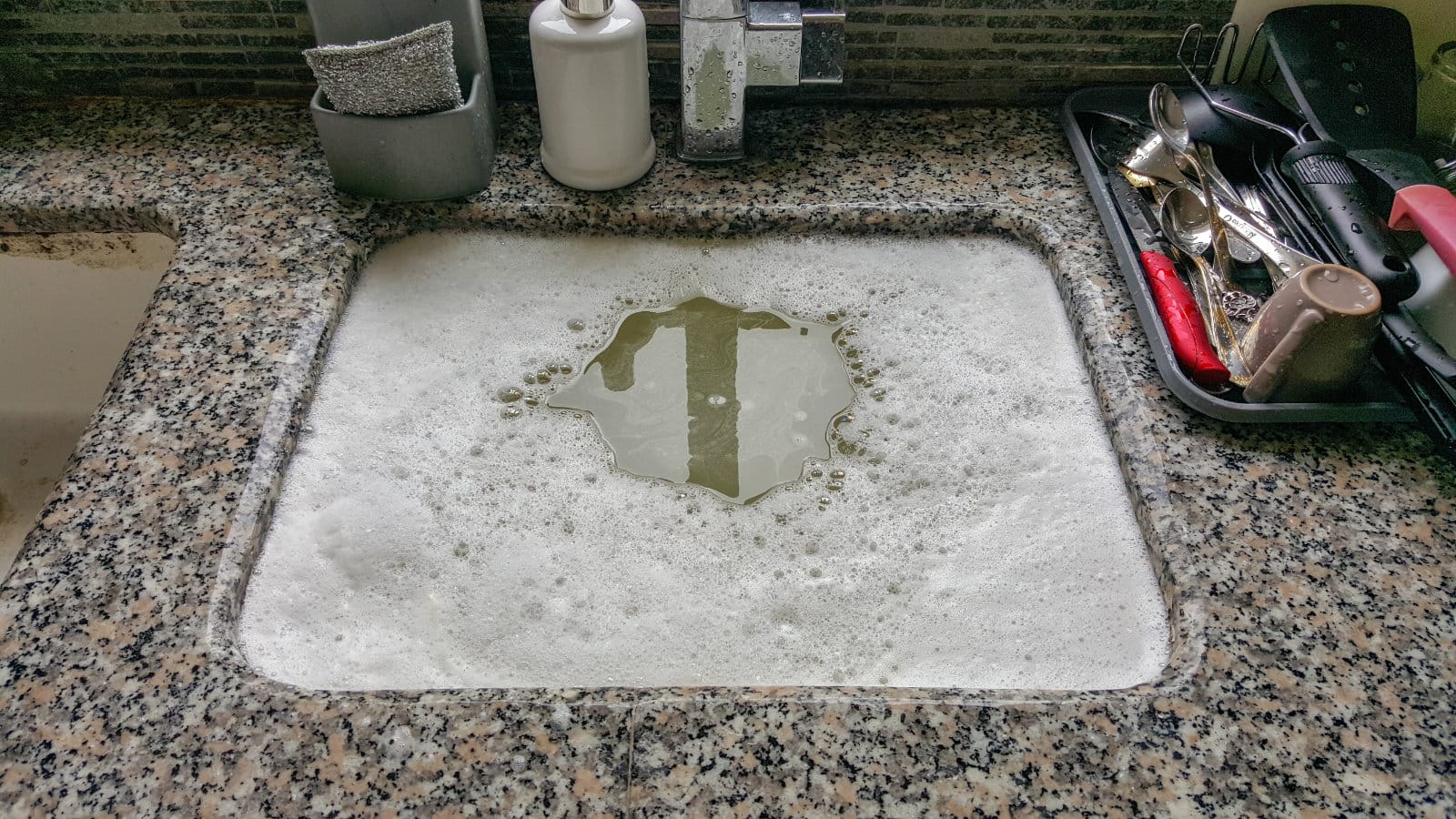Are you tired of dealing with a clogged kitchen sink? You’re not alone.
A clogged sink is one of the most common plumbing problems that homeowners face. It can be frustrating and inconvenient, especially when you have a pile of dishes waiting to be washed. Not to mention the unpleasant odors and potential for water damage if left untreated.
But what causes a clogged sink in the first place? Read on to learn the top 4 causes of a clogged kitchen sink and how you can prevent them.
1. Food Waste
Many people have the habit of scraping leftover food scraps into their sink without realizing the harm it can cause. Over time, these small bits of food can accumulate creating a kitchen sink blockage.
To prevent this, make sure to scrape off excess food into the trash before rinsing your dishes in the sink. You can also install a drain strainer or screen to catch any food particles that may slip through. This simple step can go a long way in preventing a clogged sink.
2. Grease and Oils
Pouring grease or oils down your kitchen sink is another common cause of clogs. When these substances cool, they solidify and create a sticky coating on the inside of your pipes. As other debris passes through, it can get caught and lead to a blockage.
To avoid this, dispose of greasy substances in the trash instead of pouring them down the drain. You can also wipe down greasy pans with paper towels before washing them in the sink.
If you live in Texas, consider using the UCO Collection in Houston. They collect used cooking oil and grease for recycling. This not only helps prevent clogs, but it also benefits the environment.
3. Soap Scum
Believe it or not, soap can also contribute to a clogged sink. As it rinses down the drain, soap scum can build up and create a blockage over time. This is especially common if you have hard water in your home.
To combat this, try using liquid soap instead of bar soap, as it produces less residue. You can also pour boiling water down your drain to help dissolve any buildup. This is also a good tip to follow for preventing clogs caused by food waste and grease.
4. Old Pipes
Over time, pipes can deteriorate due to age and wear and tear. This can lead to cracks, breaks, and collapses that can cause clogs in your kitchen sink.
If you have an older home, it’s a good idea to have your pipes inspected to catch any issues before they become major clogs. Consider upgrading to newer, more durable pipes if you’re experiencing frequent clogs.
PVC or copper pipes are less likely to corrode and create blockages compared to older materials like galvanized steel. Investing in new pipes can save you the hassle and frustration of dealing with clogs in the long run
Unblocking a Clogged Kitchen Sink
A clogged kitchen sink is a common household problem, but it can be easily prevented by taking simple precautions. Remember to properly dispose of food waste, grease, and oils, and regularly clean your sink and drain to avoid buildup.
Additionally, maintaining your pipes and upgrading to newer materials can also help prevent clogs in the future. By following these home remedies for clogged sinks, you can keep your kitchen sink running smoothly.
Are you looking for more articles to help you out? Check out the rest of our blog for more information.




